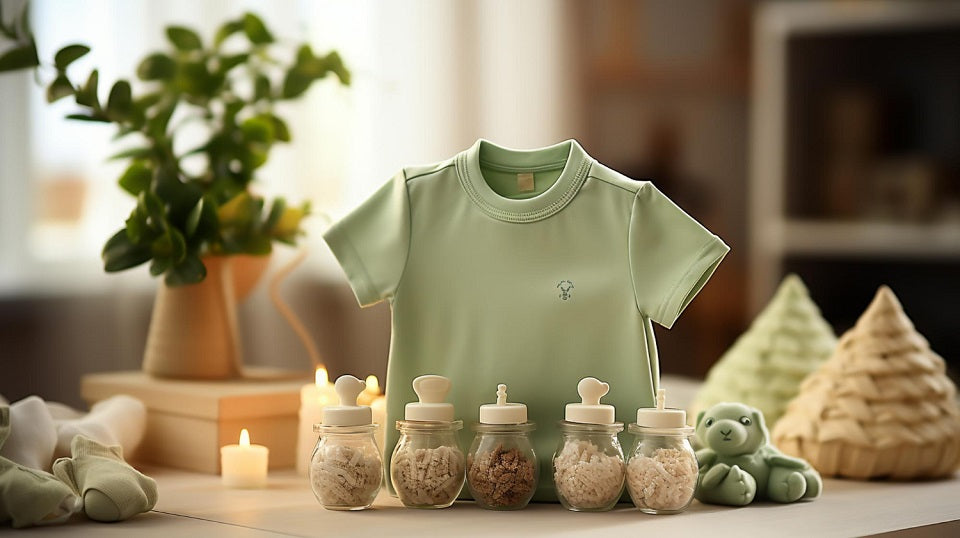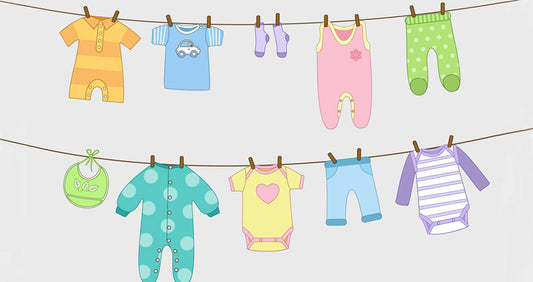
Sustainable and Organic Baby Clothes: A Gentle Choice for Your Little One
Share
As parents, we strive to provide the best for our children, including their clothing. With growing concerns about environmental impact and potential health risks associated with conventional clothing, many parents are turning towards sustainable and organic options for their little ones.
What are Sustainable Baby Clothes?
Sustainable baby clothes are made using environmentally friendly practices that minimize harm to the planet. This includes:
- Eco-friendly materials: Using natural and renewable fibers like organic cotton, bamboo, and hemp.
- Ethical production: Ensuring fair labor practices and safe working conditions for garment workers.
- Reduced water usage: Implementing water-efficient dyeing and manufacturing processes.
- Minimal chemical use: Avoiding harmful chemicals in the production process, such as pesticides and synthetic dyes.
- Sustainable packaging: Using recyclable or biodegradable packaging materials.
What are Organic Baby Clothes?
Organic baby clothes are specifically made from organic cotton, which is grown without the use of harmful pesticides and synthetic fertilizers. This ensures that the fabric is gentle on your baby's delicate skin and free from potentially irritating chemicals.
Benefits of Choosing Sustainable and Organic Baby Clothes
- Skin health: Organic fabrics are softer, gentler, and less likely to cause allergies or skin irritations.
- Environmental protection: Sustainable practices reduce pollution and conserve resources.
- Ethical production: Supporting fair labor practices and worker well-being.
- Durability: High-quality, natural fibers often last longer, saving you money in the long run.
Tips for Choosing Sustainable and Organic Baby Clothes
- Look for certifications: Seek out brands that are certified organic (e.g., GOTS) or Fair Trade.
- Read labels carefully: Check for materials, production processes, and certifications.
- Prioritize quality: Invest in well-made clothes that will last through multiple washes and wear.
- Consider secondhand options: Buying gently used baby clothes can be a sustainable and affordable choice.
- Support local businesses: Consider purchasing from local brands that prioritize sustainability and ethical practices.
By choosing sustainable and organic baby clothes, you're not only making a cons


